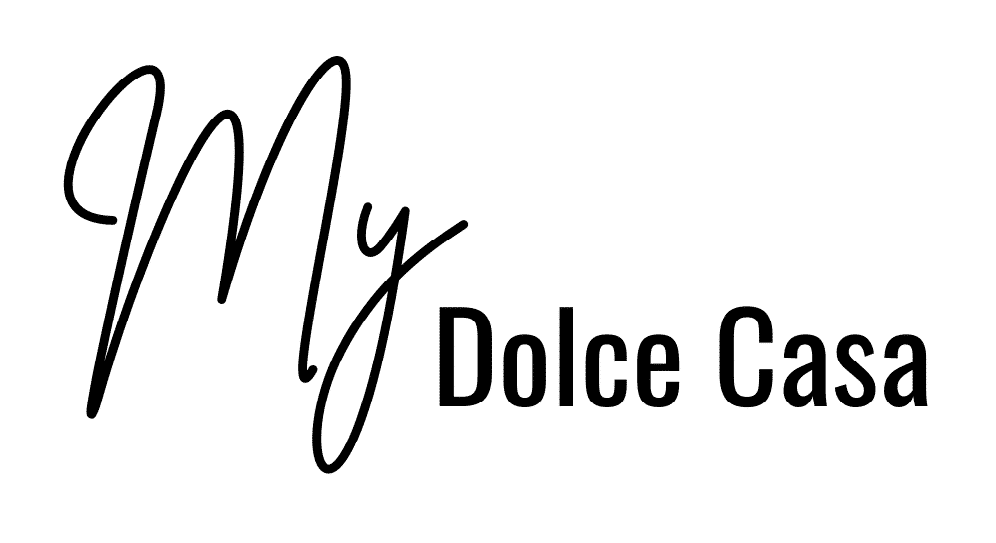One of the big concerns you might have about moving to France is how you will continue to get the medication prescribed to you by your doctor in your home country once you have relocated.
To start, it is important to ensure that you have an adequate amount of medication during your move abroad and a prescription from the doctor in your home country to take with you. This will have you covered for the first few months. Private health insurance is a requirement for moving to France for you and your family until you are issued with your Carte Vitale under the French subsidized health coverage.
Will France have the same medication?
Although France will have the same generic medication as in your home country, the brands will be different. From your first visit to the local pharmacy, you will soon see that English and American brands are not common in France.

It will be a good idea to register with your local doctor and to make an appointment to see them. Many doctors in the towns and cities do speak good English, but in rural areas your French language skills will come in handy.
It is a good idea to prepare some key phrases to use or to write a short text about your medical problem that you can give to your doctor to read. Your doctor will be able to provide similar medication – whether you pay for it or it is free will depend on your insurance policy.
Visit your new local pharmacy in France
French healthcare is widely regarded as one of the best in Europe and certainly French pharmacies are very impressive too. Pharmacists are extremely helpful and well-trained but again, in rural communities, they are less likely to speak good English so have ‘google translate’ at the ready.
All medication can only be bought in pharmacies in France. Only vitamins and health supplements are stocked by supermarkets and these are surprisingly expensive.

For example, paracetamol, the active ingredient in Tylenol, can only be bought in a pharmacy in France, over the counter and is known as Doliprane.
Many French pharmacies are well-stocked with different supports for wrists and ankles etc plus compression socks and a good range of mobility aids. Certain pharmacies have mobility aids for rental which is really useful for family visits if a member has poor mobility.
Learn everything you need to know about healthcare in France.
Prescriptions from other EU countries
If you have moved to France from another EU country or a country in the European Economic Area (Iceland, Liechtenstein, and Norway) you will be able to get your prescription actioned in a French pharmacy as the prescription will be valid in all EU countries and French pharmacists are obliged to accept it.

You must ask your doctor for a ‘cross-border prescription’. The doctor in your home country must complete the prescription carefully. The medication must also be clearly identified by both its generic pharmaceutical name and its brand name and quantity, dosage and usage instructions must be included.
This is because the medication might not be available in France or may be known by another name. The doctor’s contact details including telephone number and email must also be included on the prescription.
It is best to get a paper copy of the prescription as an e-prescription may not always be accepted.
Prescriptions from countries outside the EU
If you have moved to France from the United States and UK, your local pharmacist may provide the medicine from your prescription, but they are not required to do so. Importantly, the cost of the medication cannot be reimbursed and you will be required to pay.
If you find that your prescription is not accepted in French pharmacies, it is best to get it re-written by a French doctor. The cost of visiting a GP in France is currently €25. It may be possible to have 70% of this cost reimbursed if you hold an Ehic or Ghic card.
Transporting medication to France
If you are moving to France, you are able to import medication for your own personal use to cover a maximum period of three months. The medication must be transported by you and must be accompanied by a doctor’s prescription that has been officially translated into French.

If you are importing narcotic or psychotropic drugs, you must personally import them, they cannot be in your packed household contents. In this case, a prescription is need as proof that the medication is the correct amount needed for your treatment and must be for a maximum of one month’s treatment. Customs will need to see an officially translated copy of the prescription. All medication being imported into France must be in its original containers.
Registering with your local doctor in France
Everyone can visit a doctor in France for treatment, but if you do not hold a Carte Vitale or have private healthcare insurance, you will have to pay. Your new neighbors or a map will be able to tell you the location of your nearest doctor’s office or medical center.
Once you have been resident in France for three months and applied for residency (Carte de Séjour), you’re eligible to apply for French national health coverage and your health card – Carte Vitale.

Once you have applied for – and been issued with – your Carte Vitale, this will give you access to state health facilities covering both public and private hospitals, doctors, and other specialists. French healthcare is considered one of the most comprehensive healthcare systems as it can be accessed by everyone – whatever their level of income.
Official resources about prescription medication in France for foreigners:
- CDC Health Travel Advice
- US Department of State Travel Advisory
- European Consumer Center in France
- EU Health Page
- UK Government Guidance
- French Government Guidance

